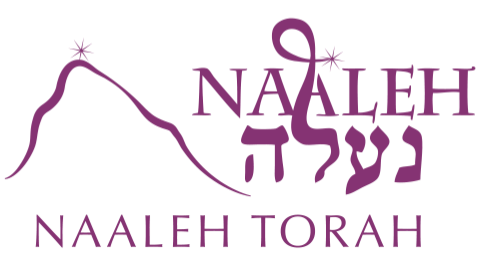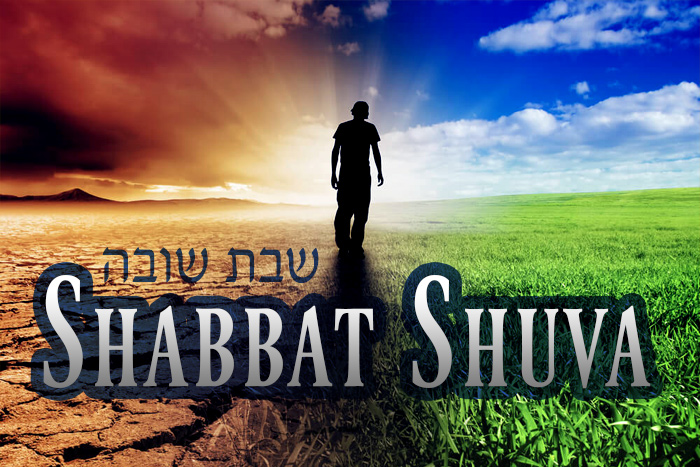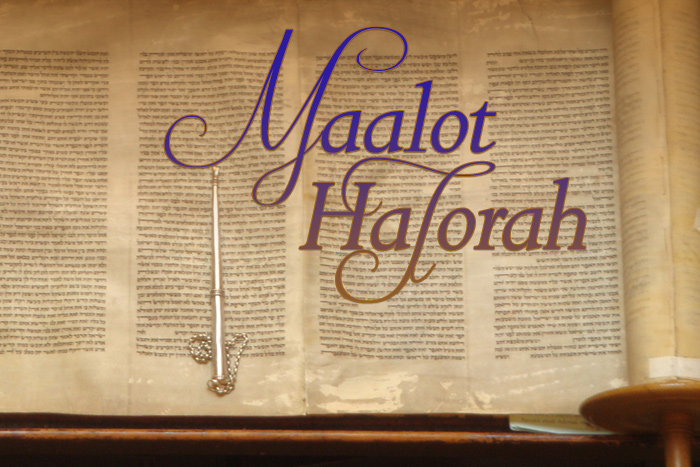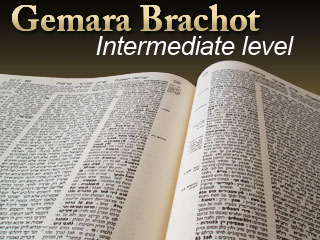Hashem’s Ways are Straight
Posted onThe final class on the Haftora of Shabbat Shuva, discussing the centrality of Eretz Yisrael and the meaning of the verse ‘Hashem’s ways are straight’. The lesson for us is to take every circumstance in life and utilize it to better serve Hashem.






